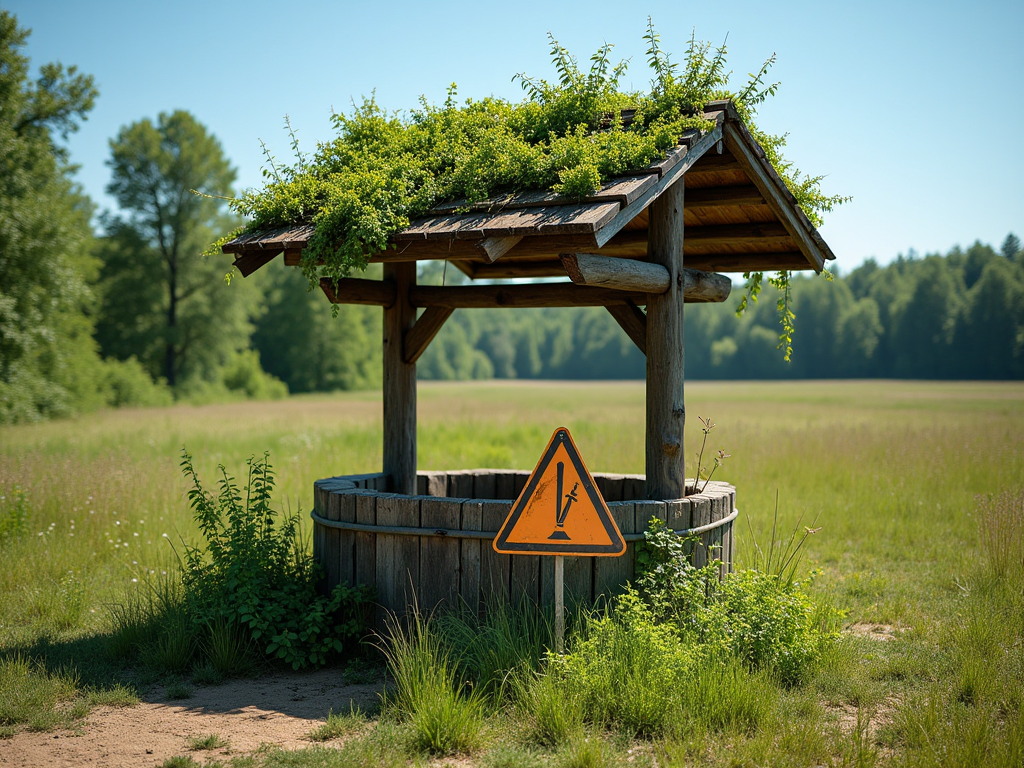Water is essential for our daily lives, serving various purposes from drinking to cleaning. However, what happens when that vital resource turns foul? A sudden unpleasant odor can be disconcerting, leaving you questioning the safety and quality of your water supply. Understanding the reasons behind stinky smells in water is crucial not just for health but also for comfort in your home. In this article, we will explore five potential causes of these odors, helping you diagnose the problem and determine appropriate solutions.
If your water suddenly begins to smell bad, the first step is to identify the source. Often, the issue lies not in the water itself but in the environmental factors or plumbing that interacts with it. Knowing the common causes can also guide you on how to clean or treat your water effectively. This guide aims to inform you about the typical culprits of smelly water, their implications, and potential solutions to restore the freshness of your drinking water and household supplies.
Chlorine and Chloramine Treatment

Many municipal water systems rely on chlorine or chloramines for disinfection. These chemicals are added to eliminate harmful microorganisms that can pose health risks. While chlorine is effective in controlling bacteria, excessive levels can lead to unpleasant odors, as chlorine has a distinct smell that can be off-putting. Moreover, chloramine, which is a compound formed from chlorine and ammonia, can sometimes produce a lingering chemical odor in your water supply.
| Chemical | Source | Odor Characteristics |
|---|---|---|
| Chlorine | Municipal Treatment | Strong, chemical smell |
| Chloramine | Chlorine Ammonia Reaction | Milder, but lingering chemical odor |
Proper management of these chemicals is essential to maintain water quality. If you notice a strong odor, try running your tap for a few minutes or consider using water filters designed to reduce chlorine and chloramine levels. Regular testing of your water can also help identify any issues before they become more significant concerns.
Sulfur Compounds

If your water smells like rotten eggs, it is likely due to hydrogen sulfide gas. This gas is naturally occurring and can be found in underground water sources and certain plumbing systems. Not only is this smell offensive, but bacteria can contribute further to the odor, creating a more potent combination. If left unaddressed, sulfur compounds can damage plumbing and appliances over time, making it imperative to understand their origins.
Identifying the source of sulfur in your water can help you rectify the issue effectively. Common sources include:
- Decomposing organic matter in the ground
- Bacterial activity in wells or poorly functioning septic systems
- Corrosive nature of water interacting with sulfide minerals
Bacterial Growth
Certain bacteria can produce foul odors in drinking water as well. Iron bacteria, for example, thrive in water systems that contain high iron content. These bacteria feed on the iron and can produce a slimy or rust-colored deposit, which often accompanies a musty odor. While not inherently harmful, they can cause health risks by promoting other bacteria in the water system.
Below is a list of specific bacteria and the types of odors they can generate:
- Iron Bacteria – Musty or earthy smell
- Sulfate-Reducing Bacteria – Rotten egg smell of hydrogen sulfide
- Coliform Bacteria – Fecal or sewage odor
Organic Matter Decomposition
Decaying organic material can also result in foul-smelling water. This usually occurs in areas with seasonal changes, where leaves and other debris can accumulate in water sources. As these materials decompose, they create a range of odors, often reminiscent of swampy or stagnant water. Understanding the environmental impacts can help in mitigating these effects.
Seasonal changes significantly affect the decomposition process. During fall and spring, when vegetation changes are prominent, the presence of organic debris increases. Factors contributing to odors include:
- Rainwater runoff introducing new organic materials
- Warm temperatures accelerating decay
- Poor filtration or water treatment processes
Plumbing Issues
Sometimes, the source of bad odors in your water is closer to home—your plumbing system. Stagnant water in pipes can foster bacterial growth or trap organic matter, leading to unpleasant smells. Issues like leaks can introduce contaminants that contribute to bad odors as well. Resolving these plumbing concerns should be a priority to maintain clean and safe water in your home.
A few common plumbing issues that can lead to stinky water include:
- Blocked or clogged pipes
- Leaks causing stagnant water leakage
- Pipes made from materials that corrode easily
Conclusion
Identifying foul-smelling water is crucial to maintaining a healthy home environment. The five potential causes—chlorine treatment, sulfur compounds, bacterial growth, organic matter decomposition, and plumbing issues—can provide insights into why your water may have an unpleasant odor. Taking immediate action by investigating and addressing the source can lead to a healthier water supply. Remember, it is always wise to consult professionals if you feel the problem is beyond DIY cleaning.
Frequently Asked Questions
- What should I do if my water smells bad? Check with your water provider, run the tap for a few minutes, and consider having the water tested for contaminants.
- Can I fix smelly water myself? Depending on the cause, some issues can be addressed through regular maintenance, such as flushing your system or cleaning filters. However, more serious problems may require professional help.
- Is smelly water dangerous to drink? While not all odors indicate a serious health risk, it’s best to avoid drinking water that smells unpleasant until the cause is identified.
- How often should I check my water quality? It is recommended to test your water quality at least once a year or more frequently if you notice any changes in smell, taste, or appearance.
- When should I call a plumber regarding smelly water? If the odor persists despite attempts to resolve it or if accompanied by other signs like discoloration, it is advisable to contact a plumber.


